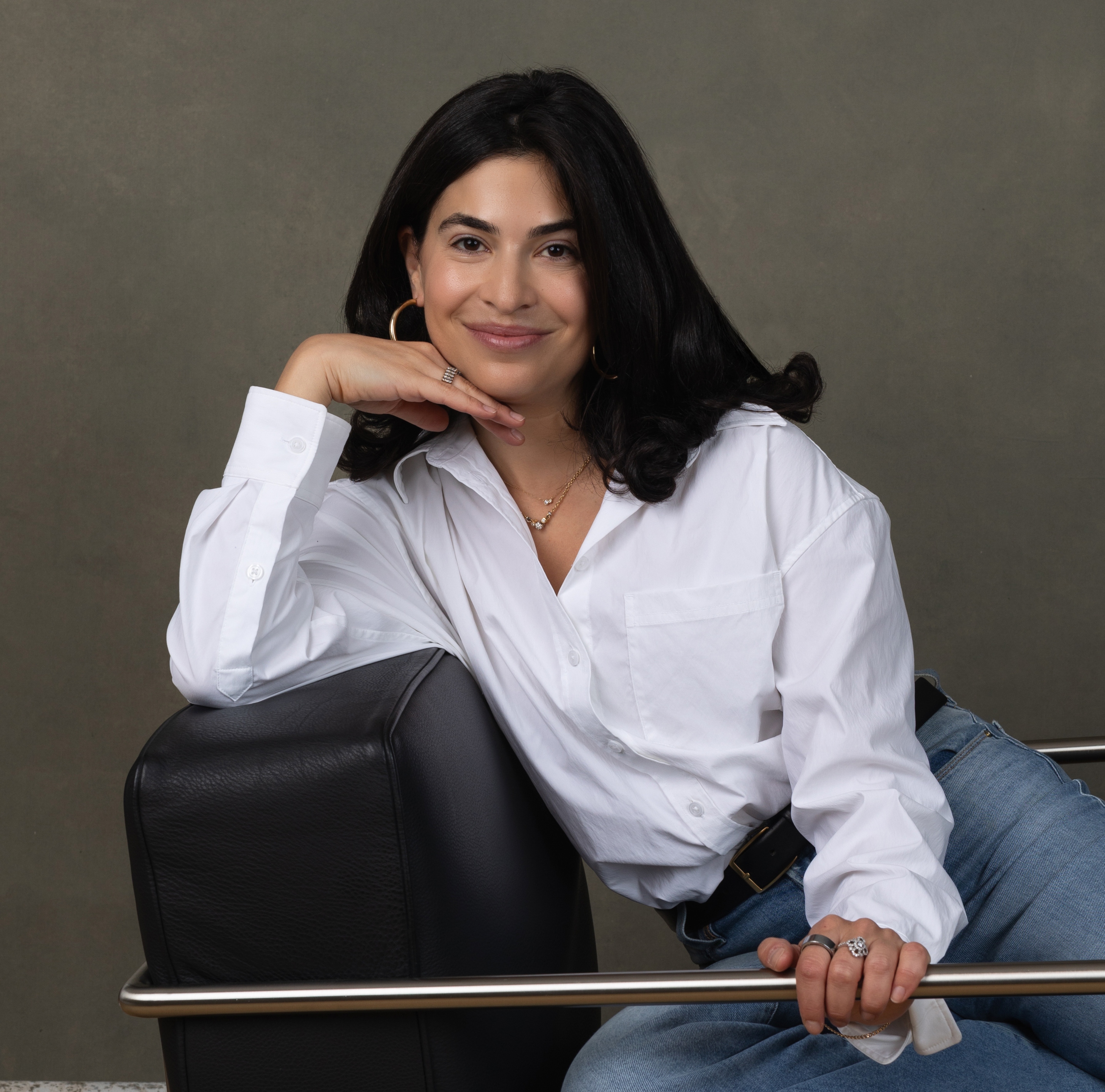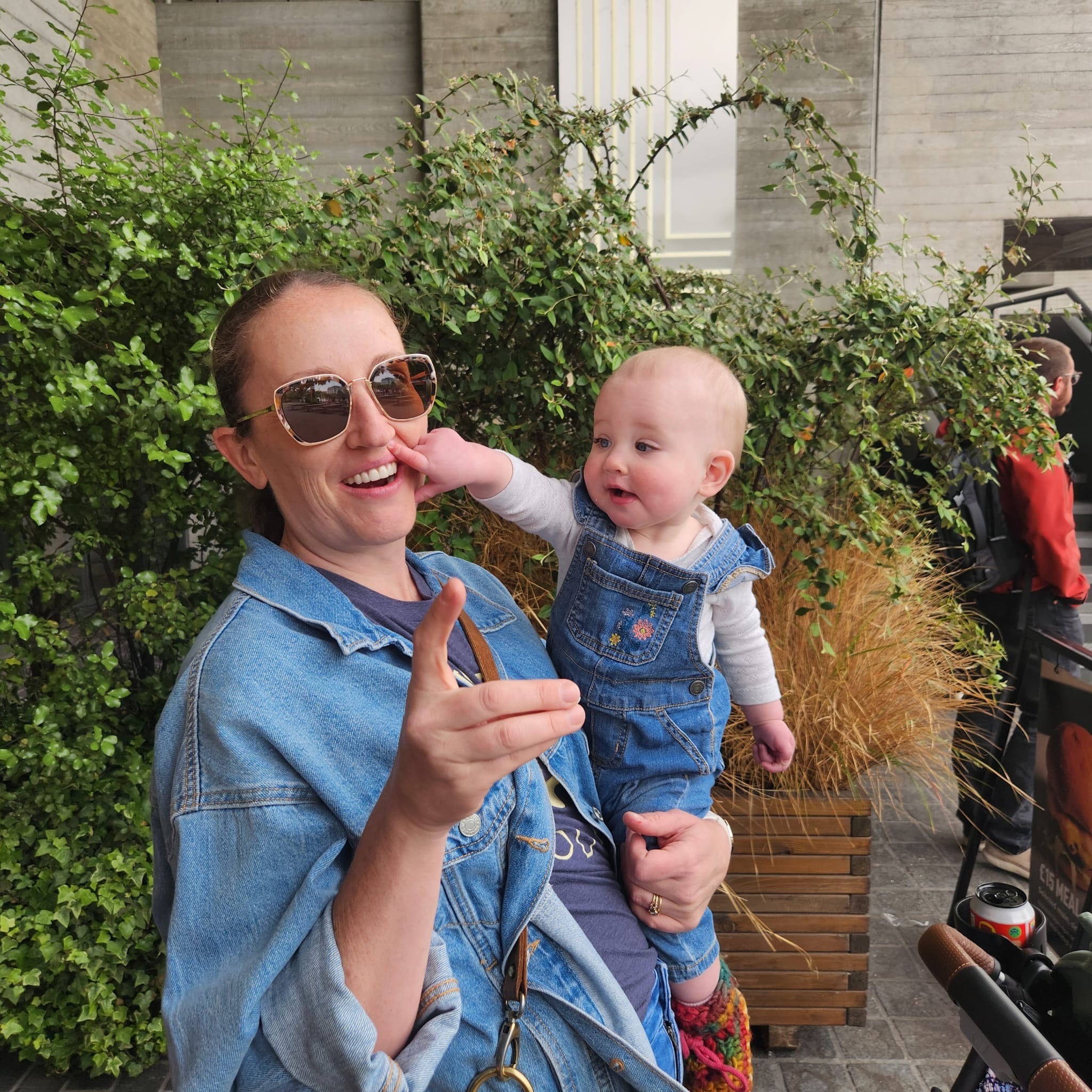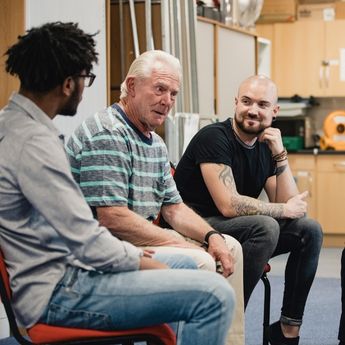If you are someone under the age of 50, there are a lot of important life events that you can imagine in your future: buying your first home, having a child, graduating from college or university, getting married, starting a business or career, or maybe backpacking across another country. Getting diagnosed with breast cancer is most likely not on that list of events, and for many young people, especially women, it never will be. However, there has been a growing number of younger women over the past few decades who are developing breast cancer, and researchers are trying to determine why.
Historically and statistically, breast cancer has been thought of as an “older person’s disease”, and the median age of diagnosis in Canada is 62 years old. That is why most breast cancer awareness campaigns, screening programs, and even patient resources are geared towards older adults. This can leave younger people overlooked and even dismissed. “You’re too young to have breast cancer!” is not an uncommon reaction from others and even from some healthcare providers. This attitude of dismissal can lead to delays in seeking medical attention for symptoms, skipping screening appointments, and being diagnosed at a more advanced stage of the disease.
Robby Spring recalls her experience with being diagnosed in her 30s:
 “When my mom was diagnosed with breast cancer in her 60s, I was scared but not overly nervous for myself. She had been on estrogen for many years, and with no family history, I thought it was manageable and straightforward to treat. But when my sister was diagnosed in her early 40s, everything changed. It shattered the idea that breast cancer was only something older women had to think about, and that it was always “easy” to treat.
“When my mom was diagnosed with breast cancer in her 60s, I was scared but not overly nervous for myself. She had been on estrogen for many years, and with no family history, I thought it was manageable and straightforward to treat. But when my sister was diagnosed in her early 40s, everything changed. It shattered the idea that breast cancer was only something older women had to think about, and that it was always “easy” to treat.
Not long after, I was diagnosed myself at 35. Experiencing breast cancer firsthand at a young age showed me how dangerous this line of thinking is. It delays awareness, it delays action, and it leaves younger women blindsided when they get diagnosed. The truth is, breast cancer doesn’t care how old you are. My family’s story, three women, across two generations, all with the same disease on paper but very different experiences, is proof that it can touch you at any age.
I don’t want to spread unnecessary worry, but I do want to raise awareness. If something feels off and you’re being dismissed, push for the screening and care you deserve. Remind your friend not to put off their self-exam or skip getting checked. When breast cancer shows up in younger women, it is often more aggressive, which makes early detection essential.”
There are some factors that can increase a person’s risk of getting breast cancer earlier in their lifetime:
- Inheriting the BRCA gene mutation
- Having a family history of breast cancer like Robby
- Reproductive factors like starting your period before the age of 12, having children after the age of 30, or never having children
If you are diagnosed at a younger age, you may face challenges that older people do not. You might be raising young children, keeping your job, navigating romantic relationships, finishing school, or trying to start a family while also coping with breast cancer. This is exactly what happened to Jaclyn:
 “I was 33 years old when I was diagnosed with breast cancer. I had never done a self-breast exam, but I had it in the back of my mind that as long as my family doctor did one at my yearly physical, I was in the clear. In between physicals, in early 2021, I had this nagging thought in the shower one morning that there was something there, and that I needed to find it so I could call my doctor. I followed her method for doing the exam, and felt a lump almost immediately. Within a week I had had an ultrasound and mammogram, and within two weeks I had a biopsy and diagnosis.
“I was 33 years old when I was diagnosed with breast cancer. I had never done a self-breast exam, but I had it in the back of my mind that as long as my family doctor did one at my yearly physical, I was in the clear. In between physicals, in early 2021, I had this nagging thought in the shower one morning that there was something there, and that I needed to find it so I could call my doctor. I followed her method for doing the exam, and felt a lump almost immediately. Within a week I had had an ultrasound and mammogram, and within two weeks I had a biopsy and diagnosis.
For all intents and purposes, I was a healthy person: I was active; I followed a mostly vegetarian diet; I got yearly physicals that rarely uncovered anything unusual; and I was in a happy, healthy relationship that felt full of possibilities. The misconception that young people don’t get breast cancer is, unfortunately, intimately connected with the lack of understanding about how different it is to receive this diagnosis at a point in your life when it feels like you’re only just beginning. This diagnosis threw a wrench in every facet of my life and goals: getting married, getting my PhD, getting a job in my field, having a family. Literally nothing was left untouched. And while I have since achieved many of these things, and am on my way to achieving others, it has not been without difficulty and heartache. There is so much more to overcome as a young person with cancer.”
This is why CBCN created our Never Too Young guide. It was designed specifically for young women by addressing both the emotional and practical impacts of breast cancer. It provides information to help you during diagnosis, treatment, and recovery.
The rising rates of young women getting breast cancer is leading to more support programs focused on their unique needs. Rethink Breast Cancer, Sunnybrook Hospital’s PYNK Program, and the Young Survival Coalition are a few of the resources available to women under 50 who have been diagnosed. Dawn Barker founded NUY50 (Not Until You’re Fifty), a group dedicated to raising awareness about the importance of self-advocacy and push for more research into breast cancer, particularly in women under 50 and those from BIPOC communities.
Dismissing the risk of breast cancer as “an older woman’s disease” is not just a myth, but it can be harmful. It delays early detection and treatment when it matters most. By recognizing that breast cancer does not discriminate by age, we can encourage vigilance, break down stigma, and ensure that all people, no matter how young or old, feel empowered to advocate for their health.








